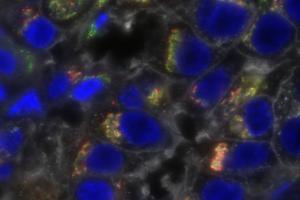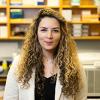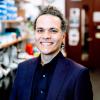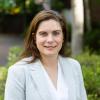Cancer
Cancer is a multiscale disease of biomolecules, cells, and tissues—engineering approaches provide biomedical insights, diagnoses, and therapies that will ultimately benefit cancer patients.

BME Primary Faculty in this Area

The Berger lab uses biotechnology to solve important biomedical, environmental and industrial challenges, and seeks opportunities to translate these technologies to market.

Philip E. Bourne, Ph.D.
Philip E. Bourne leads a range of initiatives to encourage and facilitate the use of big data in large-scale research across the scientific and technological disciplines, with special emphasis on structural bioinformatics and systems pharmacology.


Dr. Fallahi-Sichani leads a Systems Biology research program aiming to discover the fundamental mechanisms through which human cancer cells respond heterogeneously to environmental and therapeutic perturbations.

Brent A. French combines advanced methods of targeted drug and gene delivery with biomedical imaging in vivo to explore novel targets and treatment strategies in cardiovascular disease. Research interests of the Molecular Bioengineering Lab focus on developing new, more effective strategies for treating and preventing human disease.

Kelsey Kubelick leverages light, sound, nanoconstruct design and cellular engineering strategies to develop advanced theranostic imaging platforms. With a special interest in ultrasound and photoacoustics, her lab creates imaging tools that play a critical role in informing, guiding and enhancing therapies across a range of biomedical applications.

Gustavo Kunde Rohde, Ph.D.
Dr. Rohde develops computational predictive models with applications in pathology, radiology, systems biology, and mobile sensing.
BME Joint Faculty in Cancer Applications

Nathan Sheffield

Mark Bennett Williams

Chongzhi Zang
Dr. Chongzhi Zang is an associate professor and resident faculty member in the Center for Public Health Genomics, University of Virginia. He holds faculty appointments in the Departments of Public Health Sciences, Biomedical Engineering, and Biochemistry and Molecular Genetics.